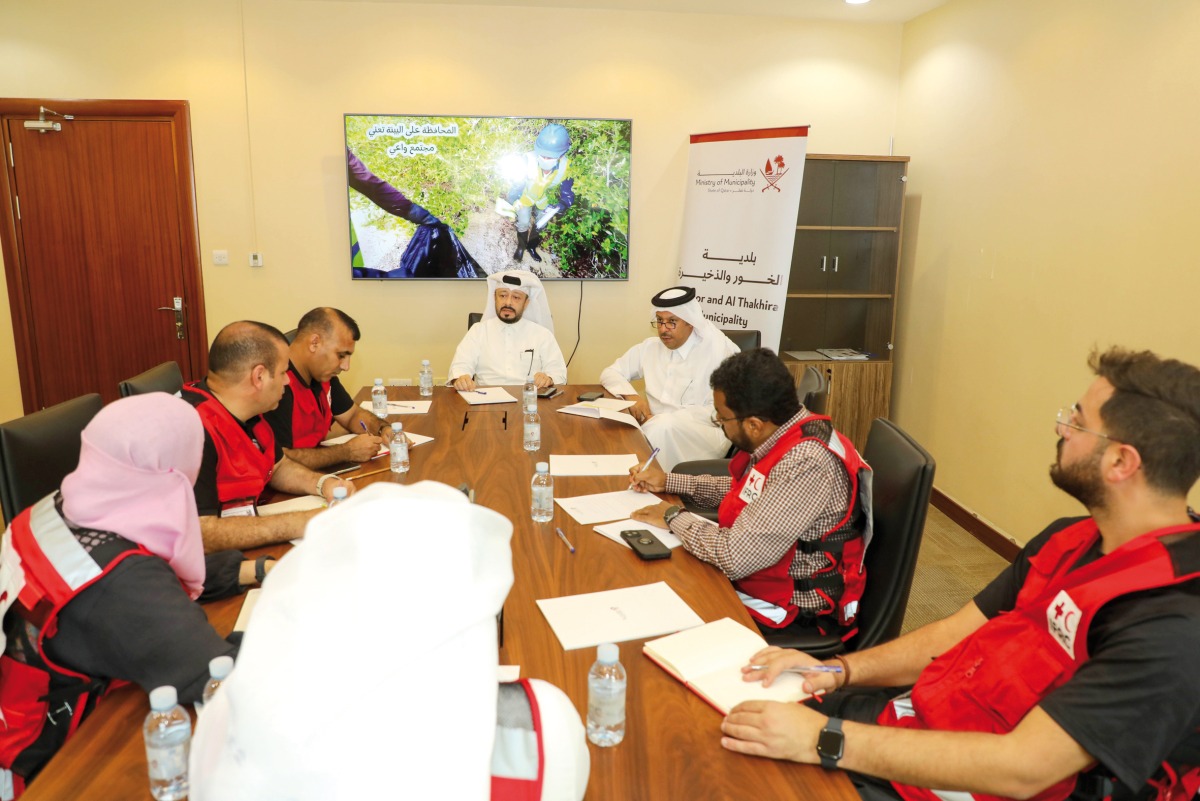The Qatar Red Crescent Society (QRCS) recently concluded a training course in partnership with the International Federation of Red Cross and Red Crescent Societies (IFRC) titled “Coordination, Assessment, and Planning for Disaster Rapid Response Teams”. The event took place in Al Khor and was attended by 28 experts, employees, and volunteers from 16 National Societies. This training course marks the fourth collaboration between QRCS and IFRC in Qatar this year.
During the opening ceremony, Secretary-General of QRCS Faisal Mohamed Al Emadi highlighted the importance of such joint events in building the capacity of National Societies in disaster preparedness, response, prevention, and risk reduction. Regional Director for the Middle East and North Africa (MENA) at IFRC, Dr. Hossam Al Sharkawi, emphasized the significance of emergency preparedness and the need to enhance the humanitarian impact by building the capacity of National Societies.
The training focused on introducing participants from various National Societies to IFRC’s tools of assessment, coordination, and development of response plans. It aimed at enhancing preparedness among National Societies, relief workers, and the Disaster Information Management Center (DIMC) to effectively deal with current and future challenges. The course provided participants with the knowledge and skills to improve emergency response and communication within their National Societies.
Key topics covered during the training included emergency recovery and planning, humanitarian appeal access tools, operational strategy, and funding requirements. The participants engaged in virtual scenarios to practice coordination, assessment, and planning for disaster rapid response teams. This hands-on practice aimed at upgrading emergency response and improving coordination with competent authorities such as Al Khor and Al Dhakhira Municipality, Al Khor Hospital, and DIMC.
The collaboration between QRCS and IFRC underscores the commitment to building the capacity of National Societies in disaster preparedness and response. Through joint events like this training course, QRCS and IFRC aim to enhance the skills and knowledge of participants to address current and future challenges more efficiently. The practical exercises conducted during the training are crucial in preparing participants for real-life emergency situations and improving coordination with relevant authorities.
Overall, the training course organised by QRCS and IFRC in Al Khor was a successful effort to enhance the capacity of National Societies in disaster response. By providing participants with valuable knowledge and practical skills, the event aimed at improving overall emergency preparedness and response. Continued collaboration between QRCS and IFRC will further strengthen the capabilities of National Societies in effectively addressing humanitarian crises and disasters.


























